This Bitter Earth at Soho Theatre
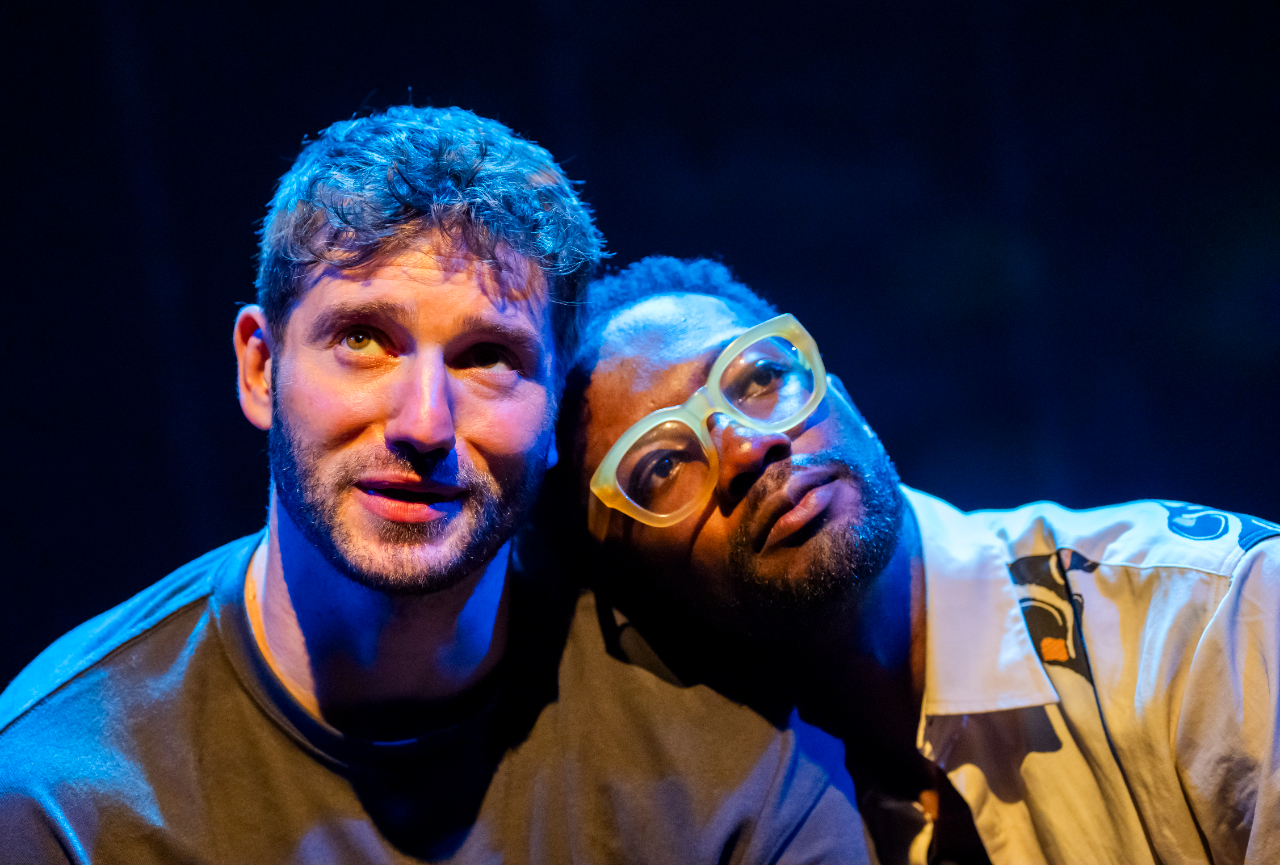
Love in a time of discord and division, love as the sole true clarity, love as an action one chooses to act upon in the face of hardship – so director Billy Porter and writer Harrison David Rivers identify their intent with This Bitter Earth, an intelligently earnest two-hander that presents a single fraught-yet-loving relationship as the axis point around which the most urgent of contemporary dialogues are to revolve. Still, as one half of the couple observes, “it’s the little things” that really define a relationship, and indeed, our ability to forge an attachment to a fictional one. It does not seem wholly fair – and granted, nor is it supposed to – that a relationship as complicatedly ordinary as that of Jesse and Neil (Omari Douglas and Alexander Lincoln, respectively) should have to shoulder so much additional thematic weight, not least when Rivers’s play is on much surer footing with the little things.
Over roughly 30 chronologically scrambled scenes, we follow the couple across setbacks both mundane and dramatic, fights that can seem equally as stupid as severe (case in point: a flare of temper brought about by the absence of cutlery with the takeout order, as the two have yet to unbox their own). The two hold dramatic disputes over privilege, work-created distance, the value differential between apathy and empty lip service, parents, and more. Indeed, as we follow the lone two cast members on a bare stage across a fleet 90 minutes, much of it can seem like the same fight, broken up by abrupt scene changes that leave matters unresolved, the audience whisked on to happier (or harsher) times.
Whether or not this is true of their offstage relationships, audiences largely welcome conflict in the fictional ones they observe, for how better to learn who these people are, and what draws them to – and repels them from – one another? As Jesse passive aggressively blares Nina Simone’s “beautiful dirge” Black is the Color of my True Love’s Hair (a way of dominating the argument without having to continue it, naturally), and Neil falls back on doth protest too much white privilege markers (he’ll have you know his parents have come by many Black friends), we feel we learn plenty. Both are cultured enough, curious and similar and different enough to challenge one another in productive, flirtatious ways. We sense that neither is more attractive to the other than when their opinions diverge, until they diverge past the point of compromise.
It may be true that, as Neil so often accuses, Jesse – a Black aspiring playwright with an overriding interest in the work of the late poet Essex Hemphill – hides behind academia in place of engaging with suffering in a tangible way. It is no less true how patronising it is for Jesse to hear his white boyfriend dictate his status as a “double minority” to him, as if it were an unknown fact. Additionally, it may be true that Neil’s intentions are wholly earnest, and that his propensity for seemingly never missing a protest is for more than simply allaying his own white guilt. It remains a factor, though, and every racial offence over which Neil discovers new layers of outrage is to Jesse but another wrinkle on an omnipresent lived experience. Naturally, for an interracial gay couple in the United States, the personal is the political, but This Bitter Earth is far sturdier when simply sketching the particulars of their ups and downs than in addressing The Moment in broadly encapsulating terms. The smaller the play’s aims, the bigger it feels, not least with Douglas and Lincoln’s natural chemistry sketching whole lives in the play’s gaps.
Still, the final development feels curiously like an afterthought; an inevitable, tragic button affixed to the play’s end that delivers a softer blow than intended. At the last, This Bitter Earth aims its message for the rafters, but the result is delivered in exhortations of uplifting intent, audience hoots of approval practically baked into the material. It lets us off easy, a message and a wave of plaintive piano for us to exit on when bitter, deafening silence may have rung truer, more galvanising. Moreover, it flattens the specificity Douglas, Lincoln and Rivers have so carefully built. In the end, Jesse and Neil cannot outrun the message they are here to serve, but the play would leave a more lasting impression if it served them instead.
This Bitter Earth is successful in creating investment in the highs and lows of a complex, lived-in relationship, powered by strong performances. Where it ultimately falters is in its final swerve toward didacticism, trading in the specificity of two human beings in favour of broad statements on the persistence of love in the face of tragedy. Suddenly, what once felt like flesh and blood scans as a device to elicit an altogether tidier sense of uplift.
Thomas Messner
Photos: Tristram Kenton
This Bitter Earth is at Soho Theatre from 18th June until 26th July 2025. For further information or to book, visit the theatre’s website here.


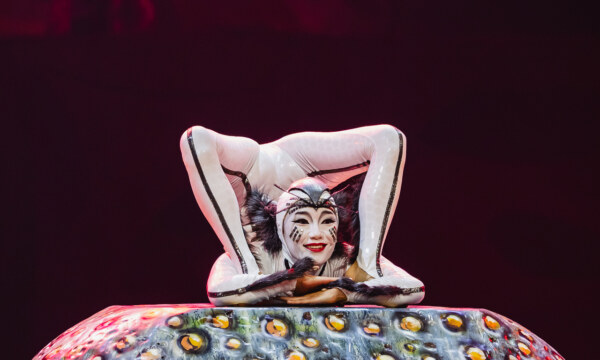
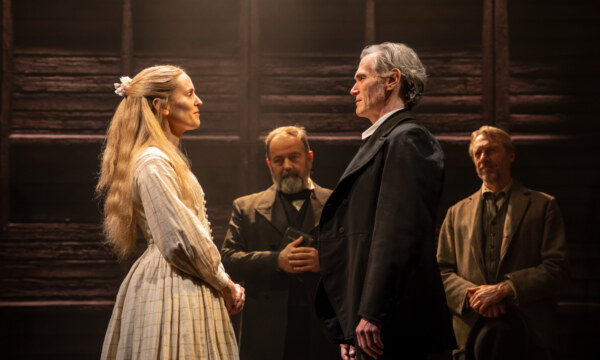

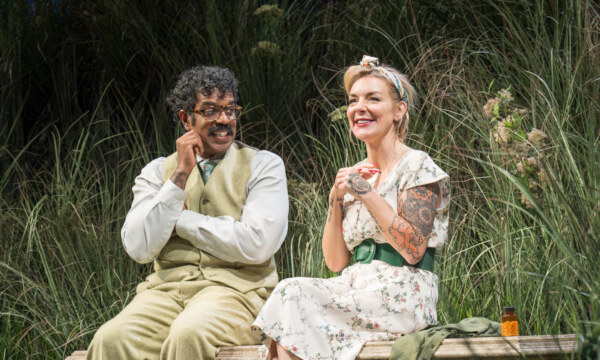
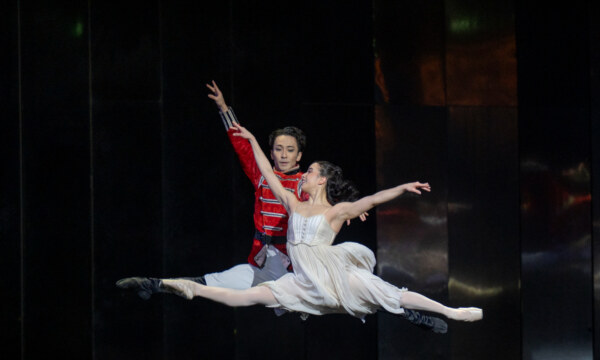
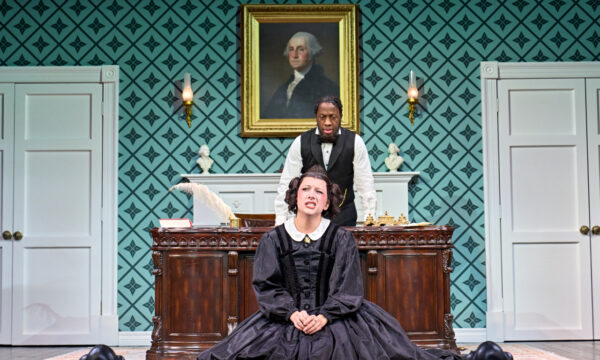
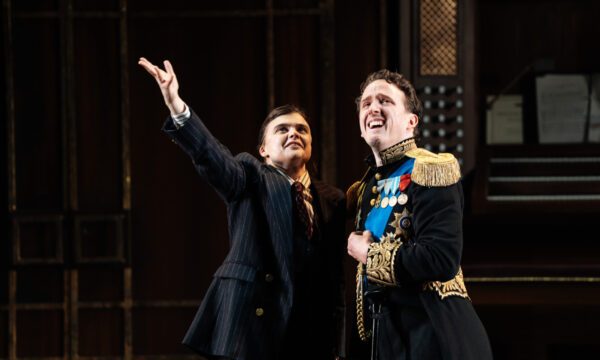

















Facebook
Twitter
Instagram
YouTube
RSS